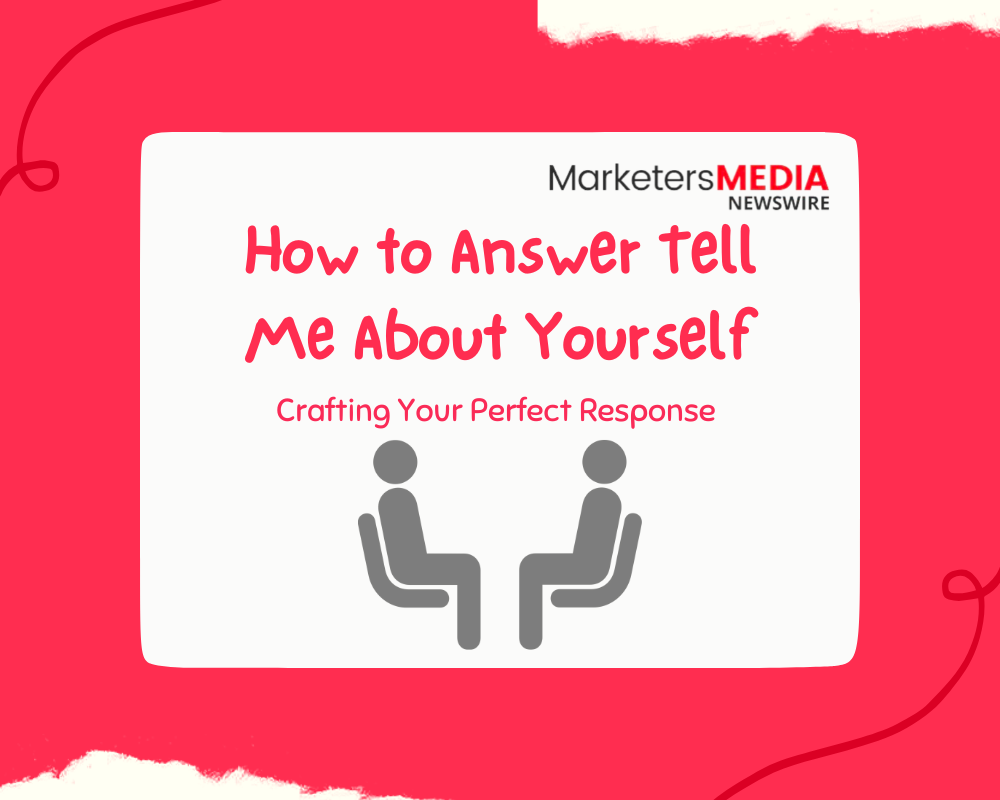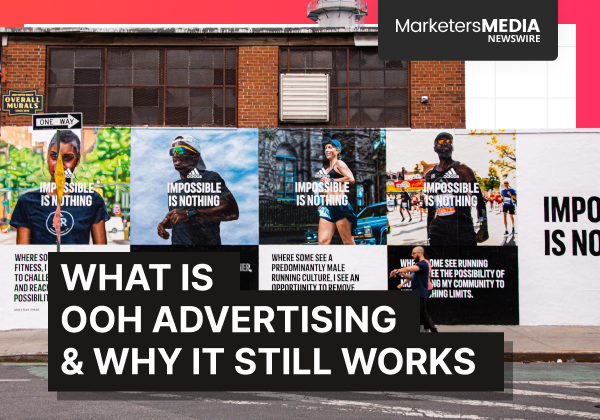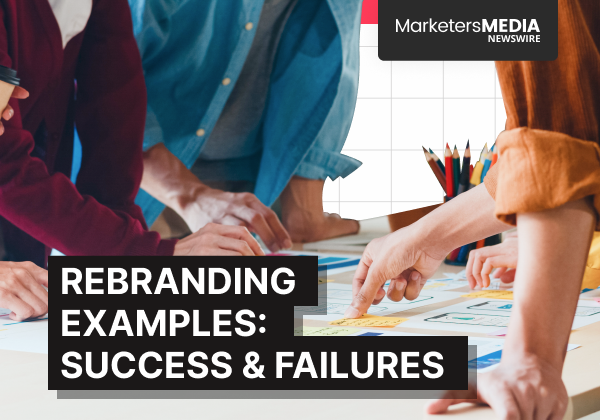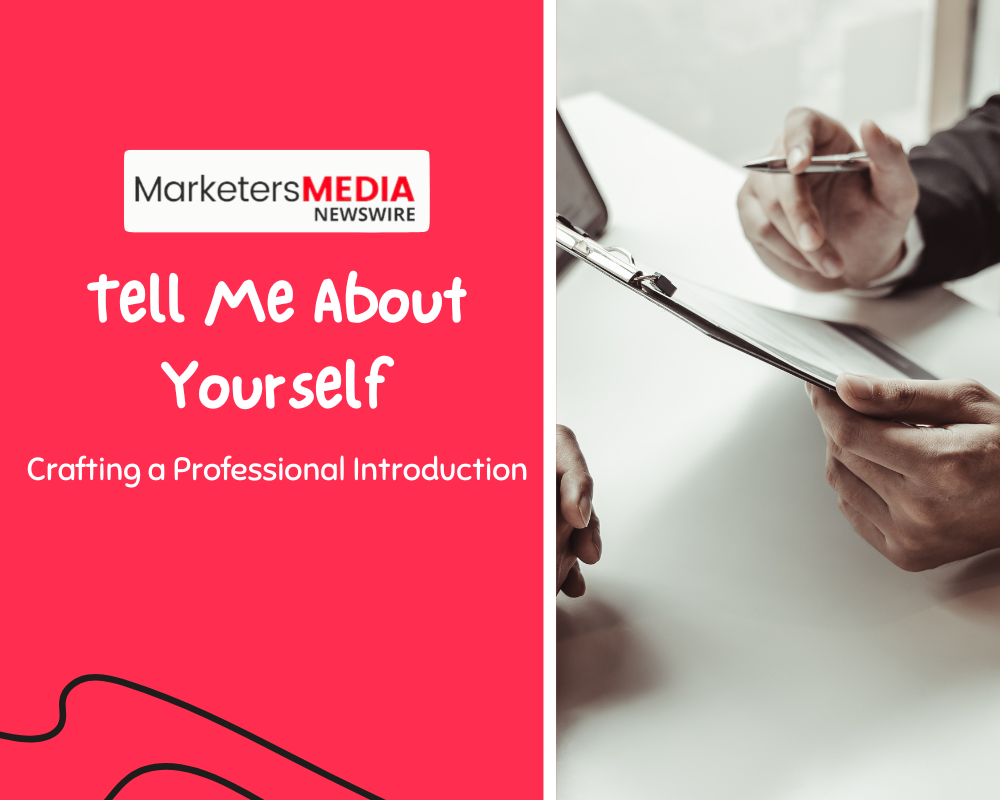Table of Content
No headings found.
Struggling with how to answer the dreaded "Tell me about yourself" question in interviews? Don't worry; we've got your back. Mastering this query can be the difference between landing that dream job or missing out. In this post, we'll break down the art of crafting a compelling response that showcases your strengths and leaves a lasting impression on your interviewer. From structuring your answer to highlighting relevant experiences, we'll guide you through every step of the process.
Whether you freeze up at this common interview prompt or simply want to refine your approach, our expert tips and examples will help you tackle "Tell me about yourself" like a pro, in no time. Get ready to ace your next interview with confidence!
Crafting Your Answer
Key Elements
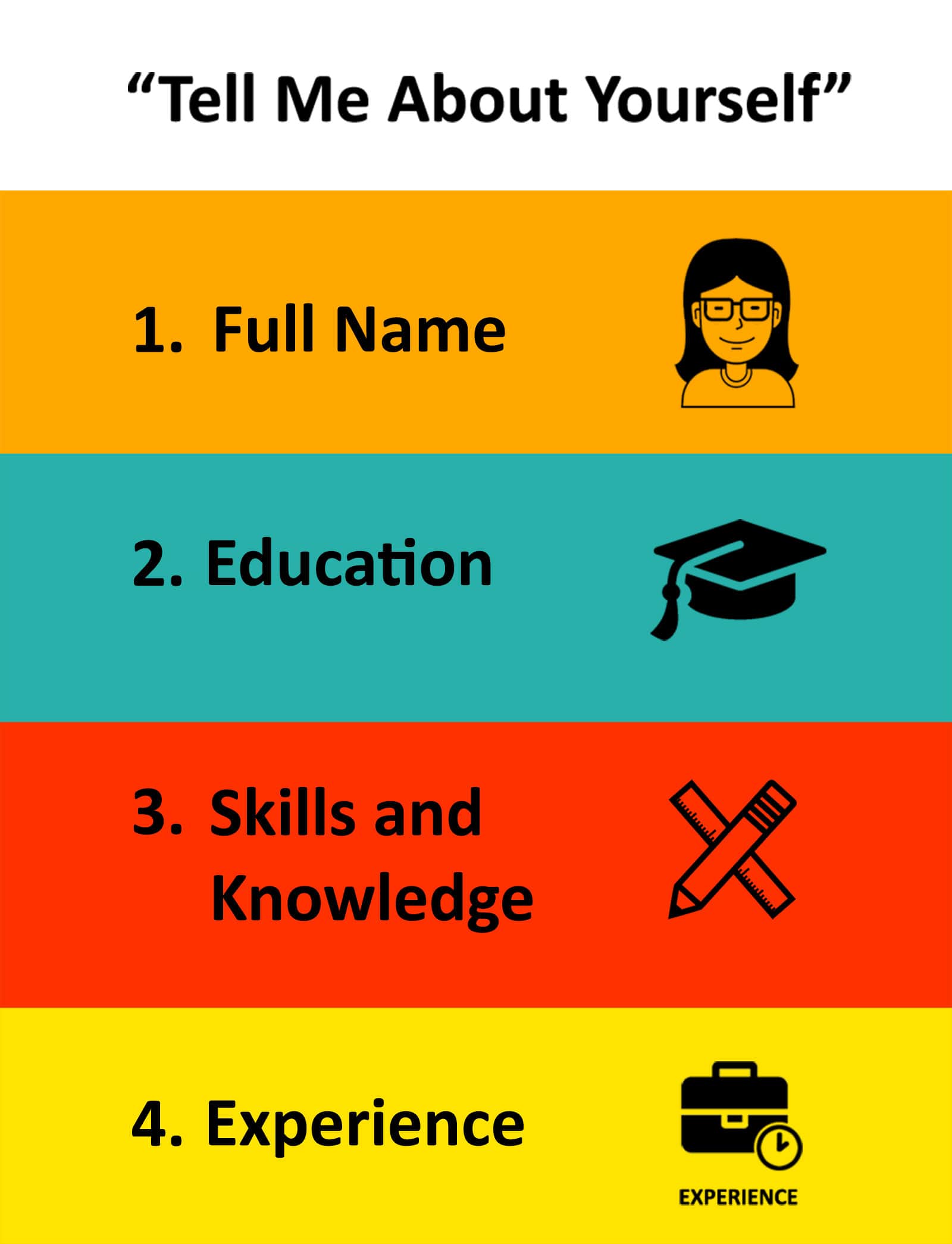
Crafting a compelling response to "tell me about yourself" requires key elements such as highlighting relevant experiences and skills. Brevity is crucial to maintain the interviewer's interest, so focus on concise details. Ensure your answer is structured effectively, starting with a strong opening and ending with a memorable conclusion.
Simple Formula
A simple formula for crafting your response involves three key steps: introduction, body, and conclusion. Begin by introducing yourself briefly, including your current position or academic background. In the body, highlight your achievements and experiences that are most relevant to the role you're applying for. Conclude by summarizing why you are an ideal fit for the position.
Understanding Audience
Tailoring your response to the specific audience is vital in making a lasting impression. Connect with the interviewer by aligning your experiences with the company's values and goals. Researching the company beforehand allows you to showcase how your background can contribute to their success.
First Impression Strategies
Professional Tone
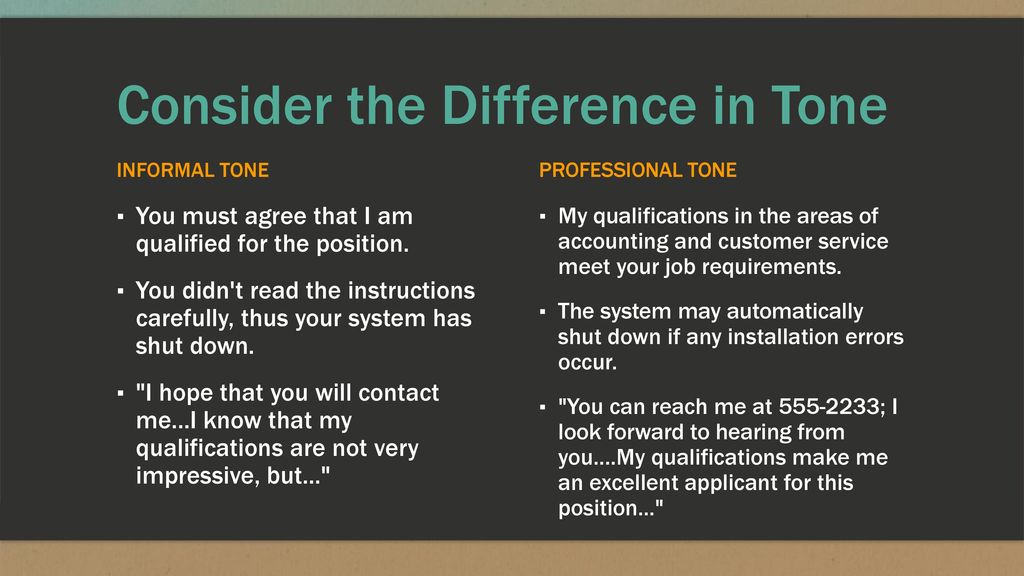
Maintaining a professional tone is crucial during an interview. Use formal language and avoid slang or casual expressions. Speak confidently and respectfully, showcasing your professionalism. Remember, the way you speak reflects your attitude towards the job.
Exemplify a professional demeanor by addressing the interviewer as "Mr." or "Ms." followed by their last name. Avoid using overly familiar terms like first names unless invited to do so. This demonstrates respect and sets a positive tone for the conversation.
A professional tone not only shows respect but also indicates that you take the opportunity seriously. It can leave a lasting impact on the interviewer, showing them that you are prepared, focused, and capable of representing yourself well in a professional setting.
Convey Passion
Showcasing your passion and enthusiasm can set you apart from other candidates. Talk about what excites you about your field or role with genuine enthusiasm. Use positive language to convey your excitement without sounding rehearsed.
To authentically convey passion, share personal anecdotes or experiences that highlight why you are passionate about the industry or position. This adds depth to your answer and helps create a connection with the interviewer on a more personal level.
Demonstrating passion during an interview can make you memorable to the interviewer. Your enthusiasm can be infectious, leaving a positive impression that showcases your genuine interest in the job role and company culture.
Tailoring Your Response
Role Transition
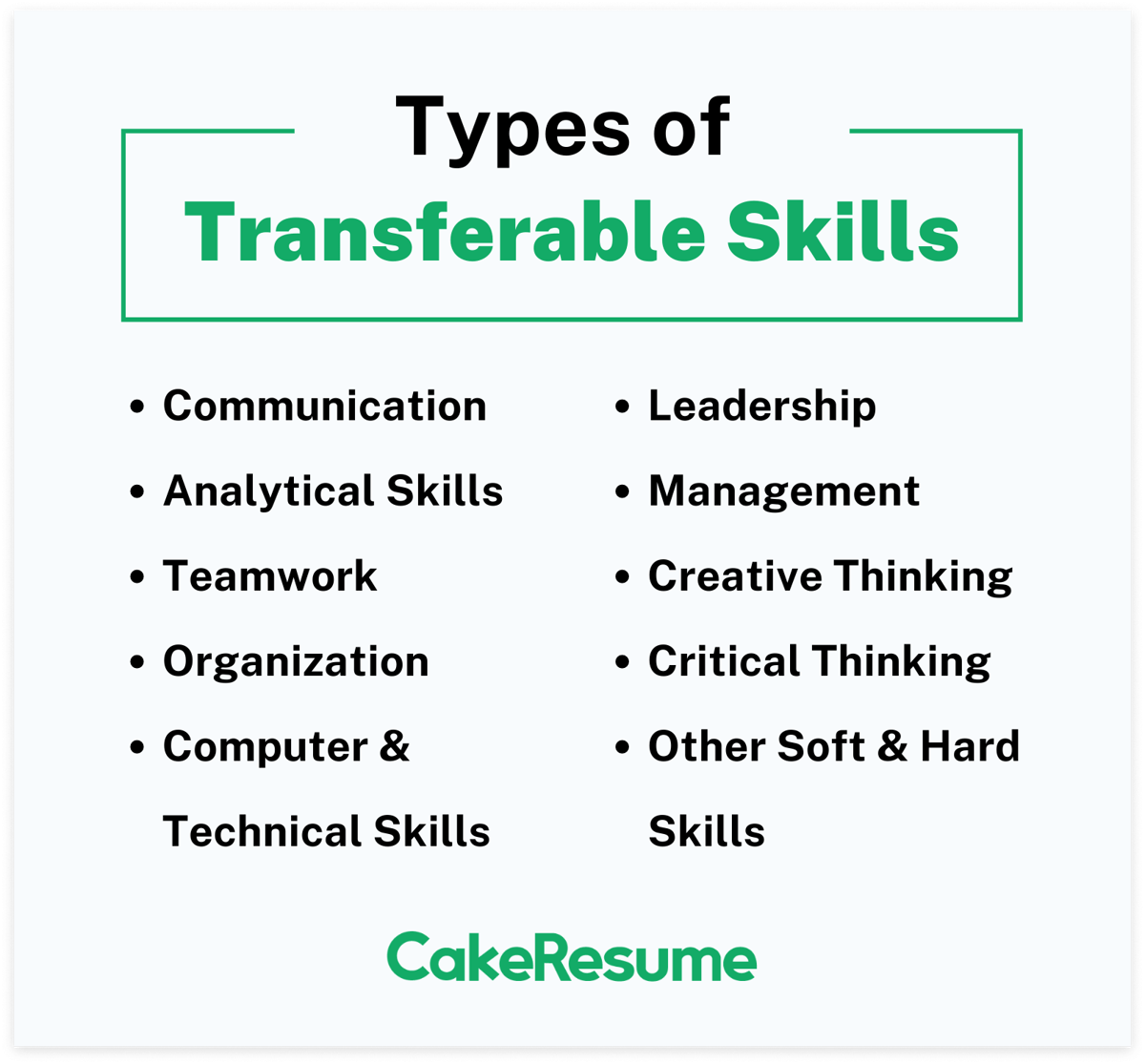
Navigating a role transition during an interview involves linking past experiences to the new position. Highlight how your previous roles have equipped you with relevant skills. When discussing a role change, focus on transferable skills that are applicable to the new role.
Career Change
When explaining a career change, frame it positively by emphasizing how it has enriched your skill set. Showcase the skills gained from previous roles that are beneficial in the current position. Approach this explanation as an opportunity to demonstrate growth and adaptability.
New Industry
Transitioning to a new industry requires articulating how your skills are transferable and relevant. Provide concrete examples of transferable skills that can be applied effectively in the new industry. Emphasize your ability to adapt and learn quickly in unfamiliar environments.
Recent Graduate
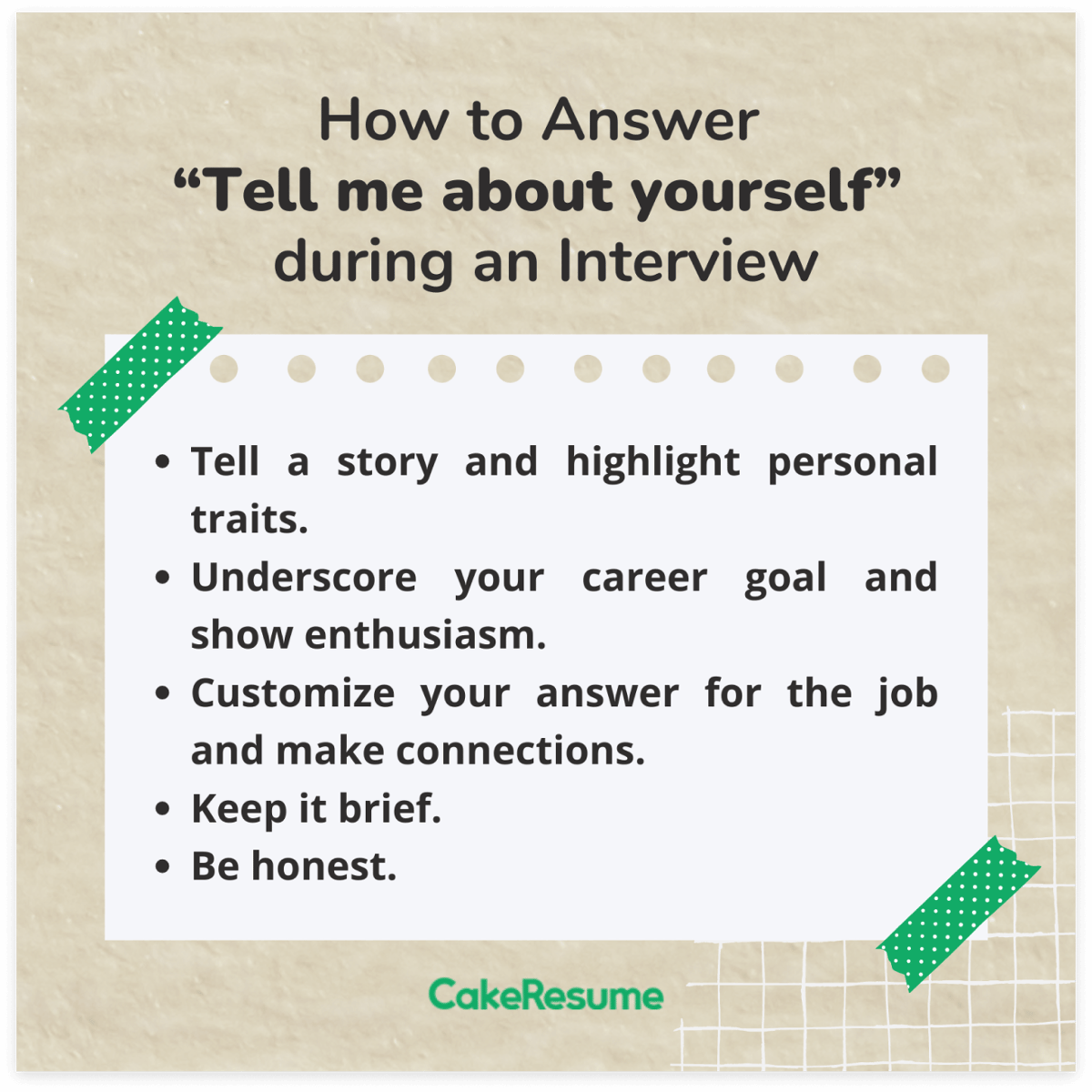
For recent graduates, it's essential to approach the "tell me about yourself" question with a focus on showcasing how your academic coursework and internships have equipped you with the necessary skills for the job you're applying for. By emphasizing specific projects or subjects you've studied that directly relate to the position, you can demonstrate your understanding of the industry and your readiness to contribute effectively. Additionally, highlighting any hands-on experience gained through internships can provide concrete examples of how you've applied your knowledge in real-world settings.
It's also important to express your enthusiasm for continuous learning and professional growth by mentioning any additional courses, certifications, or workshops you've completed or plan to pursue. This proactive attitude towards self-improvement not only shows your dedication but also indicates to the interviewer that you are committed to staying updated with industry trends and advancements. Remember, employers value candidates who exhibit a genuine eagerness to expand their skills and knowledge, so be sure to convey your willingness to embrace new learning opportunities as they arise.
Enhancing Your Answer
Avoid Rambling
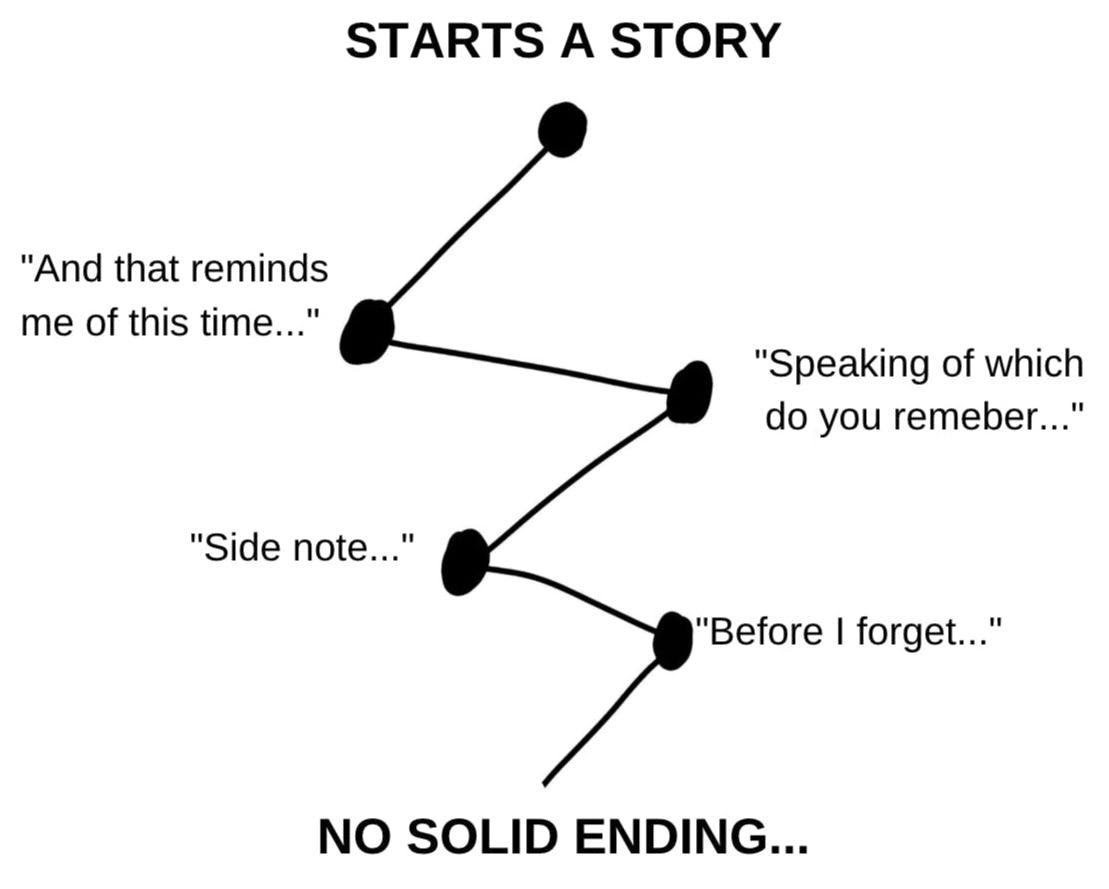
When answering "Tell me about yourself," it's crucial to be concise. Keep your response focused on relevant information by sticking to key points. Avoid rambling by practicing your answer beforehand and structuring it logically.
To prevent going off-topic, start with a brief introduction that includes your name, professional background, and a summary of your experience. Follow this with specific achievements or skills that relate directly to the job you're applying for. This approach helps you provide a clear and structured response without delving into unnecessary details.
A well-structured answer not only showcases your communication skills but also demonstrates your ability to convey information effectively. By avoiding unnecessary tangents, you ensure that the interviewer receives a clear and impactful message, making it easier for them to remember key aspects of your profile.
Positive Tone

Maintaining a positive tone in your response is essential when answering questions about yourself during an interview. Incorporate language that reflects enthusiasm, confidence, and professionalism. Use phrases like "I am excited about..." or "I have successfully..." to convey positivity.
By adopting a positive attitude throughout your response, you create a favorable impression on the interviewer. Positivity can help establish rapport, showcase your personality, and highlight qualities such as resilience and optimism – all valuable traits in any work environment.
Incorporating positive language not only sets the right tone for the conversation but also influences how others perceive you. It can make your responses more engaging and memorable while showcasing your interpersonal skills effectively.
Bonus Tips
Know Audience
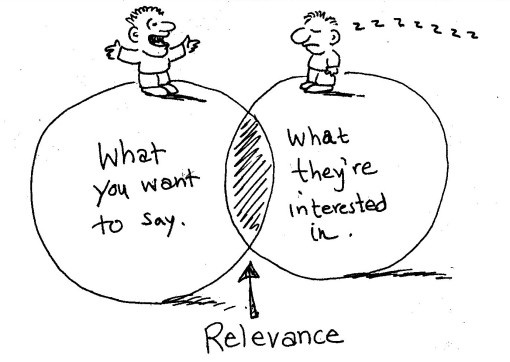
When you're asked to talk about yourself in an interview, it's important to think about what the person interviewing you wants to hear. They want to know how you can help their company succeed. This means you should talk about your skills and experiences in a way that shows how they relate to the job you're applying for. It's also a good idea to mention things that show you would be a good fit for the company's culture. This could include talking about your work style, values, or goals. By tailoring your response in this way, you can make a strong impression and increase your chances of landing the job.
Speak Passionately
When someone asks you to tell them about yourself, it's a chance to showcase who you are beyond just your name and job title. This question gives you the opportunity to share what really drives you and makes you unique. By speaking with passion and authenticity, you can make a lasting impression on the person you're talking to. For example, if you're passionate about photography, you could mention how capturing moments through your camera lens brings you joy and allows you to express your creativity.
Connecting your passion to real-life experiences like a memorable photo shoot or a photography project that had a meaningful impact on you can help paint a vivid picture of who you are as a person. Remember, the goal is to give the other person a glimpse into your world and what makes you tick. So, don't be afraid to let your enthusiasm shine through in your response!
Practice Strategies
To excel, practice regularly using practical strategies. Engage in mock interviews to receive feedback that helps you refine your responses. Work on improving your delivery style and confidence through consistent practice sessions.
Sample Answers
Similar Role Example
Using examples from a similar role enhances your credibility and showcases direct relevance to the current position. By drawing parallels between past experiences and the subject role, you demonstrate expertise.
![How to Write Achievements in Your Resume [+Tips & Examples] | CakeResume](https://images.cakeresume.com/images/d2896067-1895-4803-8491-5955d22b4068.png)
When sharing experiences from a similar role, focus on specific achievements that align with the new position's requirements. This approach helps interviewers visualize how your past successes can translate into future contributions.
Agency to In-house
Transitioning from agency to in-house roles requires highlighting transferable skills like client management, project coordination, and adaptability. Emphasize how these skills can benefit the new environment.
Adapting communication styles is crucial when moving between agency and in-house settings. For instance, emphasize your ability to collaborate effectively within a team while also showcasing autonomy in decision-making processes.
New Industry Pivot
Effectively communicating a pivot to a new industry involves highlighting transferrable skills such as problem-solving, critical thinking, and adaptability. Showcase how these skills are relevant across industries.
When pivoting to a new industry, emphasize your willingness to learn and adapt by discussing instances where you successfully navigated unfamiliar territories or acquired new skills quickly.
Recent Graduate Intro
Recent graduates can introduce themselves effectively by emphasizing academic achievements, extracurricular activities, internships, or projects that showcase their potential. Highlight specific accomplishments that demonstrate readiness for professional roles.
To stand out as a recent graduate, focus on highlighting soft skills like teamwork, communication abilities, leadership potential alongside academic excellence. Showcasing eagerness to contribute positively sets you apart in interviews.
Career Changer Illustration
When explaining a career change positively and confidently, frame it as an intentional decision based on personal growth or passion for the new field. Connect past experiences with transferrable skills required in the new career path.
Illustrate your career change by narrating key moments that led you to pursue this transition. Emphasize how your diverse background equips you with unique perspectives valuable for the target role's success.
Effective Storytelling
Using Preparation

Preparation plays a crucial role in crafting a compelling response when asked to "tell me about yourself." It significantly impacts how well you can narrate your life story. Researching the company and tailoring your story to match its values can make your answer more engaging.
To ace this question, invest time in practicing your story. Rehearse it multiple times to ensure fluency and coherence. By preparing adequately, you can avoid sounding rehearsed or stumbling over words during the interview.
Researching the company's culture, values, and goals is essential for aligning your story with what they are looking for in an ideal candidate. This tailored approach shows that you have taken the time to understand their needs.
Practicing your response out loud can help build confidence and familiarity with sharing personal anecdotes smoothly. The more you practice, the more comfortable and relaxed you will feel when recounting your life experiences during the interview.
By dedicating time to preparation, not only do you enhance the quality of your answer, but you also boost your confidence levels. Confidence shines through during interviews and helps portray yourself as a strong candidate for the role.
Investing effort into preparation not only sharpens your storytelling skills but also ensures that you deliver a clear and concise narrative during interviews. A well-prepared response demonstrates professionalism and dedication to excelling in every aspect of the job search process.
Practice Makes Perfect
Avoid Memorization
When preparing for the "Tell me about yourself" question, avoid memorizing a script. Authenticity is key in showcasing your knowledge and personality. Providing genuine responses helps you connect with the interviewer on a personal level.
Reciting rehearsed answers can make you come across as robotic and insincere. Instead, focus on highlighting your unique qualities and experiences naturally. Authenticity allows your true self to shine through, making you more relatable and memorable.
Sounding rehearsed during an interview can have detrimental effects on your chances of landing the job. It may give the impression that you lack spontaneity or are not genuinely interested in the position. Interviewers value candidates who can think on their feet and respond thoughtfully.
Avoiding memorization not only showcases your ability to think quickly but also demonstrates your adaptability in various situations. Embrace the opportunity to present yourself authentically, allowing your personality to stand out among other candidates.
Using online tools
If you're familiar with SurgeGraph, you'll know that it's a powerful tool for visualizing data trends and patterns. When it comes to answering the common interview question, "Tell me about yourself," SurgeGraph can help you organize your thoughts and present your experiences in a clear and compelling way.
Start by creating a timeline of your professional journey using SurgeGraph. Highlight key milestones such as education, work experience, and achievements. Use the visualizations to emphasize how each step has led you to where you are today.
Next, consider using SurgeGraph to showcase your skills and strengths. Create graphs or charts that illustrate your expertise in areas relevant to the job you're applying for. This visual representation can make a strong impression on interviewers and help them better understand your qualifications.
In conclusion, SurgeGraph can be a valuable tool in crafting a memorable and impactful response to the "Tell me about yourself" question. By leveraging its visualization capabilities, you can effectively communicate your story and stand out from other candidates.
Statistic to support
When it comes to answering the common interview question "Tell me about yourself," it's essential to have a strong response prepared. According to a recent study, 60% of hiring managers believe that a candidate's response to this question is crucial in determining their suitability for the job. This statistic highlights the importance of crafting a compelling and concise answer that showcases your skills and experiences effectively.
Furthermore, research shows that candidates who tailor their responses to the specific job requirements are 40% more likely to be hired. This emphasizes the need to customize your answer to align with the job description and demonstrate how your background makes you an ideal fit for the role. By incorporating these statistics into your interview preparation, you can increase your chances of impressing potential employers and landing the job you desire.
Summary
You've learned how to craft a compelling response to the common interview question, "Tell me about yourself." By following the strategies outlined, you can make a memorable first impression, tailor your answer to the job, enhance your storytelling skills, and practice effectively. Remember, practice makes perfect, so keep refining your answer until it reflects your best self. Use the sample answers provided as inspiration and adapt them to showcase your unique qualities. Effective storytelling will captivate your interviewer and set you apart from other candidates.
Now it's time to put these tips into action. Practice delivering your response with confidence and authenticity. Tailor it to each job opportunity, focusing on what makes you the ideal candidate. With these tools in hand, you're well-equipped to tackle the "Tell me about yourself" question and ace your next interview!
Frequently Asked Questions
How important is it to craft a compelling answer to "Tell me about yourself"?
Crafting a compelling answer is crucial as it sets the tone for the rest of the interview. It helps you make a strong first impression and showcases your relevant skills and experiences.
What are some effective strategies for making a great first impression when answering this question?
Strategies like maintaining good eye contact, speaking confidently, and showcasing enthusiasm can help create a positive first impression. Structuring your response well and highlighting key achievements can leave a lasting impact.
Why is tailoring your response essential when answering the question "Tell me about yourself"?
Tailoring your response shows that you have done your research on the company and position. By aligning your experiences with the job requirements, you demonstrate how you are uniquely suited for the role.
How can one enhance their answer to "Tell me about yourself" by incorporating storytelling?
Incorporating storytelling adds depth and authenticity to your answer. By narrating relevant anecdotes or examples from past experiences, you engage the interviewer on a personal level and make your response more memorable.
Is practicing one's response to "Tell me about yourself" really necessary?
Yes, practice is key to delivering a polished and confident answer. Rehearsing beforehand allows you to refine your points, work on transitions, and ensure that you convey all essential information succinctly during the interview.
Free Press Release Template
Tell us where to send your PDF:
